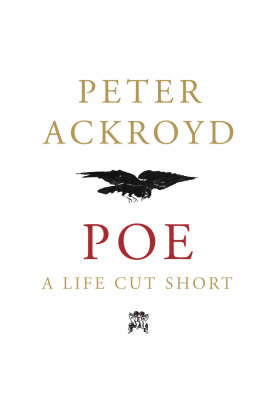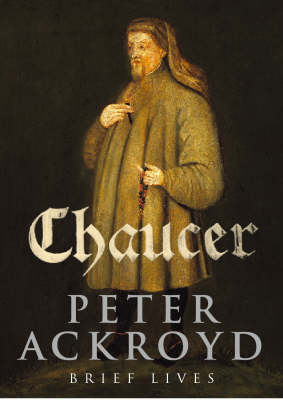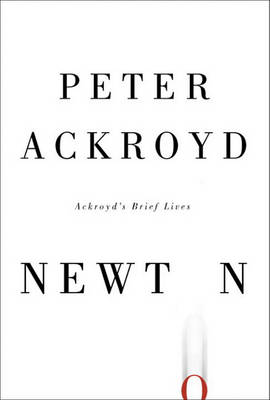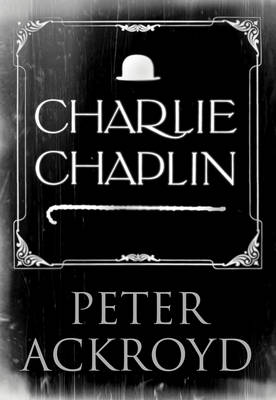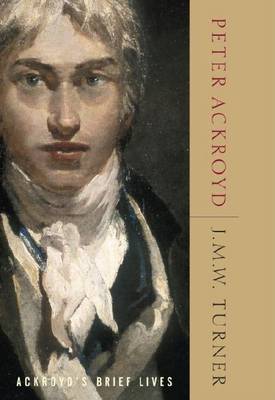Ackroyd's Brief Lives
5 total works
He influenced European romanticism and was the harbinger of both Symbolism and Surrealism. Peter Ackroyd, who places significance on Poe's childhood (his travelling actor parents were miserably poor, his mother had TB and he was orphaned), claims that Poe found his family among writers - writers not only of his time but of the future generations who were influenced by the power of his imagination.
He was the very first icon of the silver screen, and is one of the most recognisable faces in Hollywood, even a hundred years on from his first film. But what of the man behind the moustache? The director holding the camera as well as acting in front of...
Read moreHe was the very first icon of the silver screen, and is one of the most recognisable faces in Hollywood, even a hundred years on from his first film. But what of the man behind the moustache? The director holding the camera as well as acting in front of it?
Peter Ackroyd's new biography turns the spotlight on Chaplin's life as well as his work, from his humble theatrical beginnings in music halls to winning an honorary Academy Award. Everything is here, from the glamour of his golden age to the murky scandals of the 1940s and eventual exile to Switzerland. This masterful brief life offers fresh revelations about one of the most familiar faces of the last century and brings the Little Tramp into vivid colour.
